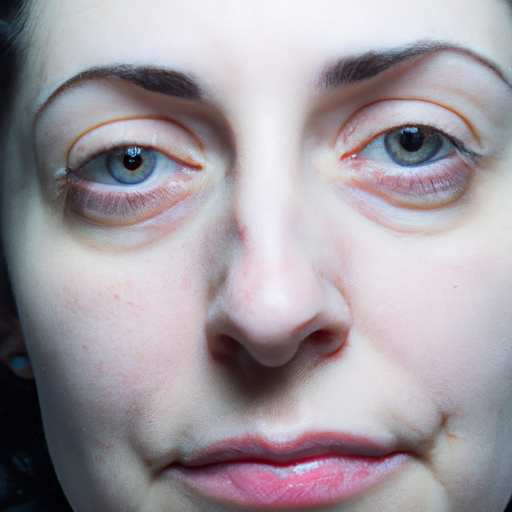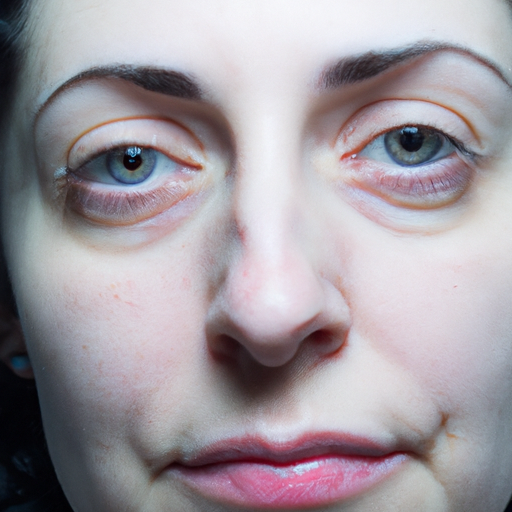As a dermatologist, I am often asked about the importance of moisturizing and its impact on the skin. Many people are under the impression that moisturizing is merely a cosmetic routine, but the truth is far from it. Moisturizing plays a crucial role in maintaining skin health and preventing various skin conditions. Unveiling the truth about the real impact of moisturizing on your skin is essential to understand its significance.
The skin is our body’s largest organ and the first line of defense against external factors such as bacteria, viruses, pollutants, and harsh weather conditions. It also plays a critical role in regulating body temperature and preventing water loss. To perform these functions effectively, the skin needs to be well-hydrated and healthy. This is where moisturizing comes into play.
Moisturizers are specially formulated products that help maintain the skin’s natural moisture levels. They work by forming a protective barrier on the skin’s surface, which locks in moisture and prevents water loss. This not only keeps the skin hydrated but also makes it soft, smooth, and supple.
Regular moisturizing is particularly important for people with dry or sensitive skin. Dry skin lacks the necessary lipids to retain moisture and build a strong barrier against external factors. This can lead to various problems such as itching, flaking, redness, and even premature aging. By providing the necessary hydration, moisturizers help restore the skin’s natural barrier function and prevent these issues.
Moreover, moisturizing can also help manage various skin conditions such as eczema and psoriasis. These conditions are characterized by dry, itchy, and inflamed skin. Regular use of a good moisturizer can help soothe the skin, reduce inflammation, and prevent flare-ups.
However, it’s not just people with dry or problematic skin who need to moisturize. Even those with oily or combination skin can benefit from regular moisturizing. Contrary to popular belief, moisturizing can actually help regulate oil production in the skin. When the skin is dehydrated, it compensates by producing more oil, which can lead to problems such as acne and breakouts. By keeping the skin well-hydrated, moisturizers can help keep oil production in check.
In addition to these benefits, moisturizing also plays a key role in anti-aging. As we age, our skin’s natural ability to retain moisture decreases, leading to dryness, fine lines, and wrinkles. Regular moisturizing can help combat these signs of aging by keeping the skin plump and hydrated.
In conclusion, moisturizing is not just a cosmetic routine but a vital part of skin health. It helps maintain the skin’s natural moisture levels, protects against external factors, manages skin conditions, regulates oil production, and fights signs of aging. So, whether you have dry, oily, combination, or normal skin, regular moisturizing should be an integral part of your skincare routine. Remember, healthy skin is happy skin!




